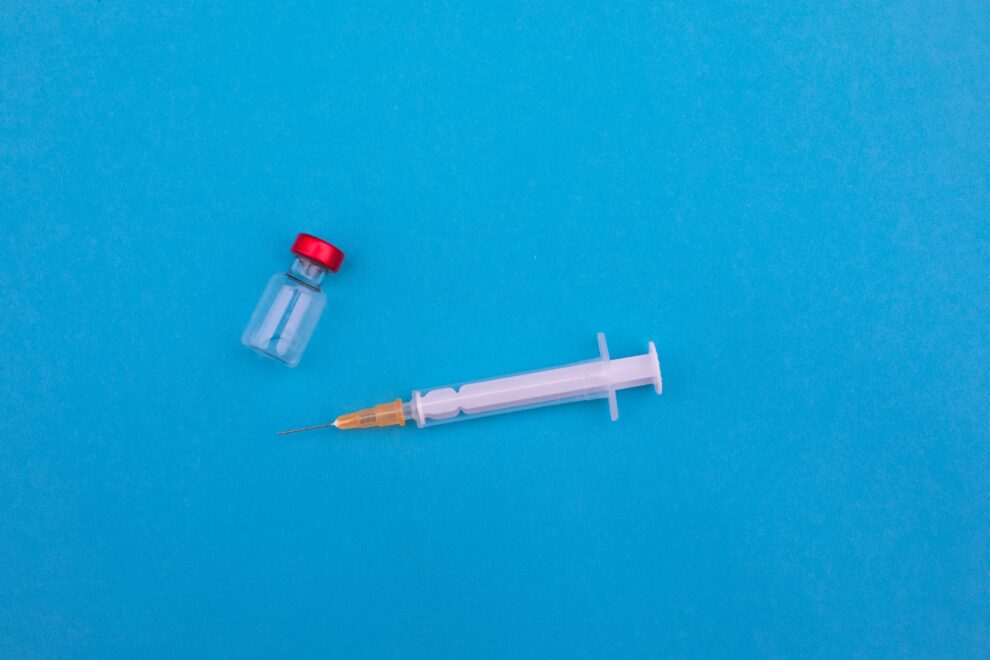The global epidemic innovations fund said Tuesday it was working with a vaccine manufacturer to create a patch using mRNA technology, which would be easier to use against Covid.
The Coalition for Epidemic Preparedness Innovations (CEPI) said it would provide up to $4.3 million to biotechnology company Vaxxas to advance development of a patch for mRNA vaccines.
Messenger ribonucleic acid vaccines — such as the Pfizer-BioNTech and Moderna Covid jabs — have been among the most heavily used during the pandemic.
However, they have the disadvantage of needing ultracold storage before use. Pfizer’s jab must be stored at minus 60 to minus 90 degrees Celsius (minus 76 to minus 130 degrees Fahrenheit).
Vaxxas’ vaccine delivery platform could improve access to mRNA vaccines by removing the need for frozen storage, enabling easier distribution and offering accurate and safe dosing with minimal waste, CEPI said.
The fund’s investment will go towards laboratory testing of a patch “to assess its stability, safety and immunogenicity and to evaluate its potential as a rapid-response technology for heat-stable, dried-formulation mRNA vaccines“, CEPI said in a statement.
High-density microarray patches (HD-MAPs) are made up of thousands of microscopic points attached to a small patch.
Each point contains a tiny dose of vaccine in a dried format. When put on the skin, the patch delivers vaccine to the immune cells immediately below the skin surface.
Besides the dried form of the vaccine being more stable at higher temperatures than liquid vaccines, patches are easier to administer than needle- and syringe-injectable vaccines.
“Ultimately, HD-MAP patches… could be mailed directly to peoples’ homes, workplaces and schools,” CEPI said.
CEPI chief executive Richard Hatchett said the advances in mRNA vaccine technology were critical to the global Covid-19 response, and adapting it to patches could improve access.
He called it “particularly promising as a platform for rapid delivery of vaccines in an outbreak situation, particularly in harder to reach regions”.
– Next generation Covid vaccines –
CEPI, along with the Gavi vaccine alliance and the World Health Organization, co-led the Covax effort to deploy donor-funded Covid-19 vaccines to poorer nations.
CEPI was an early investor in the Novavax jab, one of only nine Covid-19 vaccines which have been given the WHO stamp of approval.
More than 13.1 billion Covid-19 vaccine doses have been administered so far, according to the WHO.
The race is on to develop the next generation of Covid-19 vaccines, which could offer longer-lasting protection, be more specific to dominant variants, or use a different method of delivery other than jabs.
The WHO is aware of 176 potential Covid-19 vaccines in clinical development and being tested on humans, as well as a further 199 that are being worked on in the labs.
Of those in the clinical phase, 159 are injectable and five are oral, with no data on the remaining 12.
The WHO has spoken in the past of hopes for a nasal vaccine that can be inhaled.
